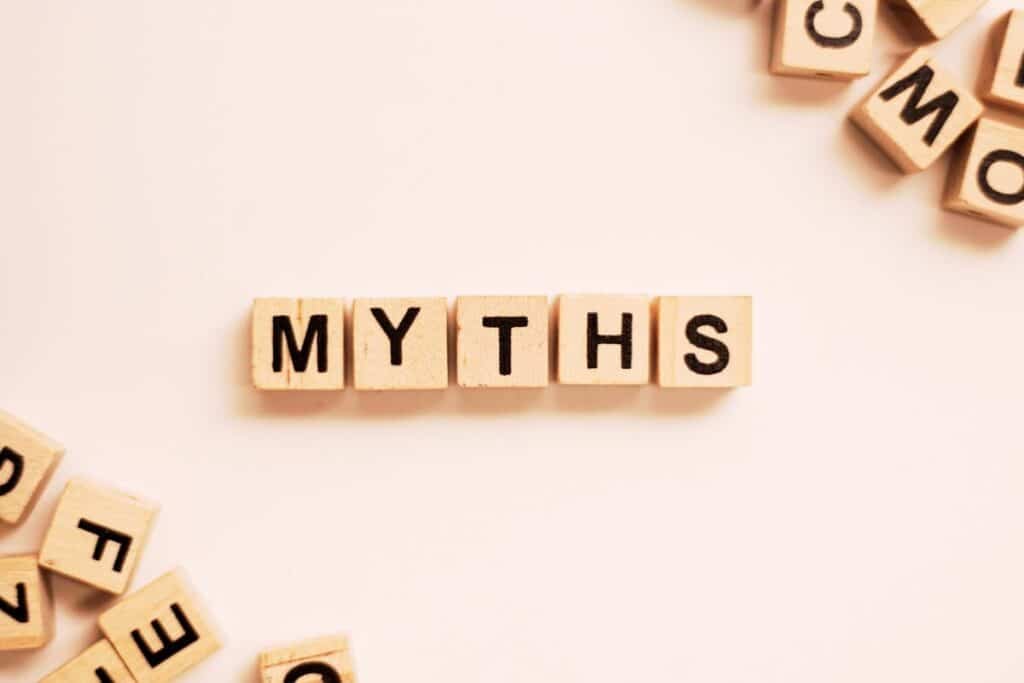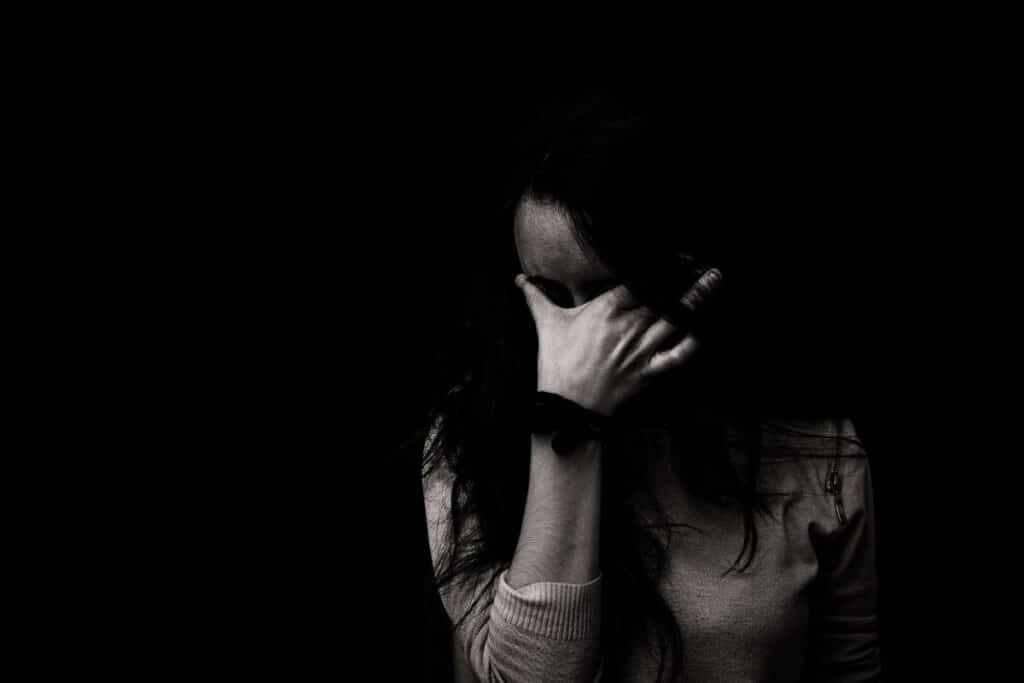The DBS (formerly CRB) performs checks that help safeguard children and vulnerable adults by flagging individuals with known criminal histories who may pose a risk to those who they work with.
On paper, this is fantastic. But it’s not infallible.
A DBS check can only flag individuals with a known record. Groomers, who are often cunning and strategic, may not have prior convictions. Therefore, while DBS checks are a vital tool, they are just one part of the safeguarding puzzle.
Types of DBS Check
There are four types of DBS checks, each varying in depth and scope.
DBS Basic Check
This type of check reveals any unspent convictions and conditional cautions. An unspent conviction is one where the rehabilitation period associated with the conviction has not yet passed. The duration for which a conviction remains unspent depends on factors like the nature of the offence, the time served, and the offender’s age at the time.
DBS Standard Check
A standard check includes both spent and unspent convictions, cautions, reprimands, and final warnings. This level of check is often required for roles that require a higher level of trust but don’t directly involve children or vulnerable adults.
DBS Enhanced Check
This check is used primarily for positions involving direct work with children or vulnerable adults, this check includes all information from a standard check. Additionally, it may include any relevant information held by local police forces, even if it hasn’t led to a conviction.
DBS Enhanced with Barred Lists Check
This is the most comprehensive check, including everything in an enhanced check, plus a search of the DBS barred lists. These lists identify individuals who are legally barred from working with children or vulnerable adults.
The type of DBS check required depends on the specific nature of the job or role someone is applying for. And I say ‘role’ because checks aren’t just for paid positions. Individuals in voluntary roles can also require a DBS check, depending on if the role requires you to come into contact with vulnerable people.
Highlighting Concerns on a DBS Check
A DBS certificate will only highlight concerns if:
- The individual has been caught or convicted of committing a crime (how else will they be convicted of a crime if they aren’t caught?).
- The incident meets the threshold for inclusion on the certificate.
I make this point because so often, when there are newspaper reports of someone being convicted of sexual offences, particularly against children, the public goes into an upcry, demanding to know why this person was allowed to work with children or vulnerable adults and why nothing was on their DBS check.
There are two main reasons for this person being able to secure the role that they currently have:
- They have never committed a sexual offence before.
- They have committed a sexual offence before, but they haven’t been caught or convicted (as I said before, how can you be convicted of something you’ve never been caught doing?).
These scenarios underscore a critical flaw in the DBS system; it cannot identify every potential risk because it only provides information based on a known criminal history.
This limitation is inherent in any background check system; it can only act on information available at the time of running a check.
False Accusations and Suspicions
Adding to the complexity is the issue of false accusations or mere suspicions. DBS checks cannot legally include unsubstantiated allegations, as this would conflict with principles of justice and employability rights, where individuals are presumed innocent until proven guilty.
How Long Do Convictions Stay on a DBS Certificate For?
Certain convictions can be removed from a DBS certificate after a set period, provided they meet specific criteria. However, offences such as safeguarding violations, sexual crimes, or assaults on children or vulnerable adults are never eligible for removal. These remain permanently listed on an individual’s DBS certificate, ensuring that people convicted of such crimes are always flagged in checks. As of August 2024, there were over 140 sexual offences listed on the List of Offences that can never be filtered from a DBS certificate, as per legislation relevant in the UK, Scotland, Northern Ireland, Jersey, Guernsey, Sark, and Alderney.
In some cases, allegations of sexual offences that do not lead to a conviction can appear on an enhanced DBS check, particularly if they raise concerns about suitability for working with children. However, such allegations need to fit certain criteria before appearing on an Enhanced DBS check.
Overall, in my humble opinion, the DBS system is a great tool for protecting children and vulnerable people. But it’s just that: a tool. It isn’t and can’t be the be-all and end-all of saying that someone doesn’t or couldn’t pose a risk to others.
This post is adapted from a section of It's All Your Fault - due for release in 2025.



